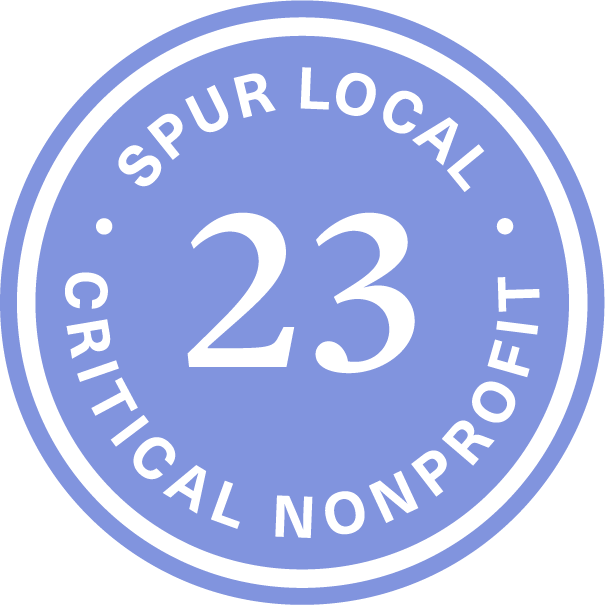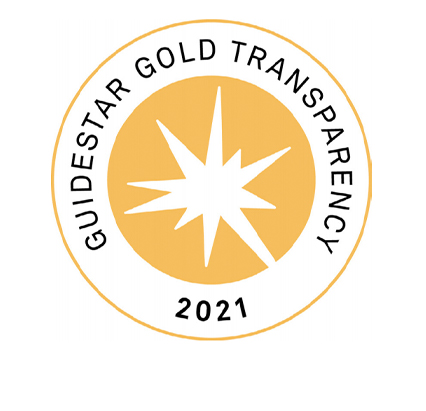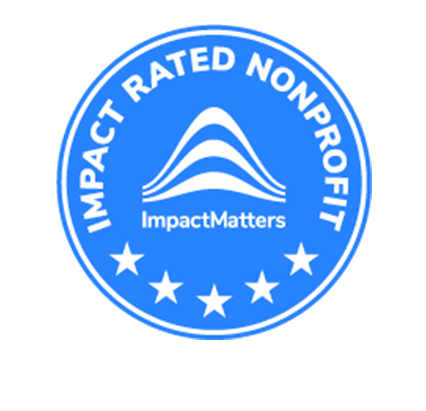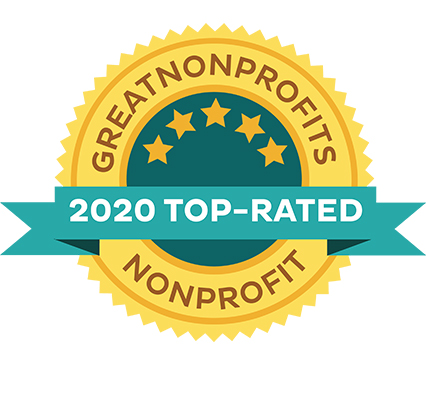Housing Resources for LGBTQI:
People who are in same sex relationships experience abuse at the same rate as those in heterosexual relationships, and the same dynamics are present. Abusive tactics that are unique to LGBTQI relationships include:- Threats to out the survivor to employers (if he or she is not already out);
- Threats to have the children taken away by telling the authorities of the survivor’s sexual orientation or gender;
- Mental abuse, by saying “no one will believe you because you’re gay”;
- Intimidation (looks, actions and gestures that reinforce homophobia or transphobia);
- Control by being the one to define your relationship and each partner’s role in the relationship.
TURN AROUND INC.
Address: 401 Washington Avenue, Suite 300, Towson, MD 21204 Hotline: 410.828.6390 Phone: 410.377.8111 Fax: 410.377.6806 Web: www.turnaroundinc.org Population Served: Single women; women with children; LGBT victims; immigrants and refugees. Services: Emergency and transitional housing; 24-hour crisis hotline; community education; individual and group counseling; ER companion; outreach; advocacy; counseling for friends and family of victims; Safe Home Safe Pets Program; and Teen Empowerment Program. Emergency Housing Program Admission Process: Call and speak to an intake worker who will try to find placement in a MD shelter. This program is a last resort because it is very short term and located off-site from the agency. Transitional Housing Program Admission Process: Must have a referral from an agency, including a shelter. Eligibility Requirements: Must be a DV survivor; must not pose a threat to self or others; must either work or attend school at least 20 hours per week; must be drug and alcohol free. Wheelchair Accessible: Yes. Residency Requirements: Will consider those from the DC area if space permits and can assist DC women to find housing placement in the Baltimore area. Notes: Bi-lingual services available.
MID-SHORE COUNCIL ON FAMILY VIOLENCE
P.O. Box 5, Denton, MD 21629 Hotline: 1.800.927.4673 Phone: 410.479.1149 Fax: 410.479.2064 Web: www.mscfv.org Population: Single women; women with children; single men; LGBT survivors; immigrants and sex workers. Male children must be 11 years old or under. Services: Emergency and transitional housing; 24-hour crisis hotline; support groups; anger intervention program; abuser intervention program; immigration legal services; shelter for family pets; food assistance program; crisis counseling; and advocacy. Emergency Housing Admission Process: Admission is determined on a case by case basis and is granted depending on the amount of space available. Call hotline to have a phone intake. The average intake process is completed within 20 minutes. Transitional Housing Admission Process: Participant must have stayed in the emergency housing to be considered for the transitional housing program. The participant must have demonstrated the following in order to obtain transitional housing: A commitment to working toward self-sufficiency; be in need of housing assistance; actively searching for employment, volunteer positions, or job training programs; be in regular contact with the Transitional Services Coordinator; and provide the Council with all information and documents to advocate on their behalf. Eligibility Requirements: Must be a DV Survivor; must not pose a threat to self or others. Wheelchair Accessible: Yes. Residency Requirements: Will consider referrals from DC. Notes: All services are available in Spanish.
TRANSGENDER HEALTH EMPOWERMENT
Address: 1711 N. Capitol St, NE, Washington, DC 20002 Phone: 202.636.1646 Fax: 202.636.1649 Web: www.theincdc.org Population Served: Transgender populations. Services: Free and confidential HIV testing and counseling; drop-in center; counseling; referrals to medical care, treatment, substance abuse and mental health services, job training programs, and educational opportunities.




